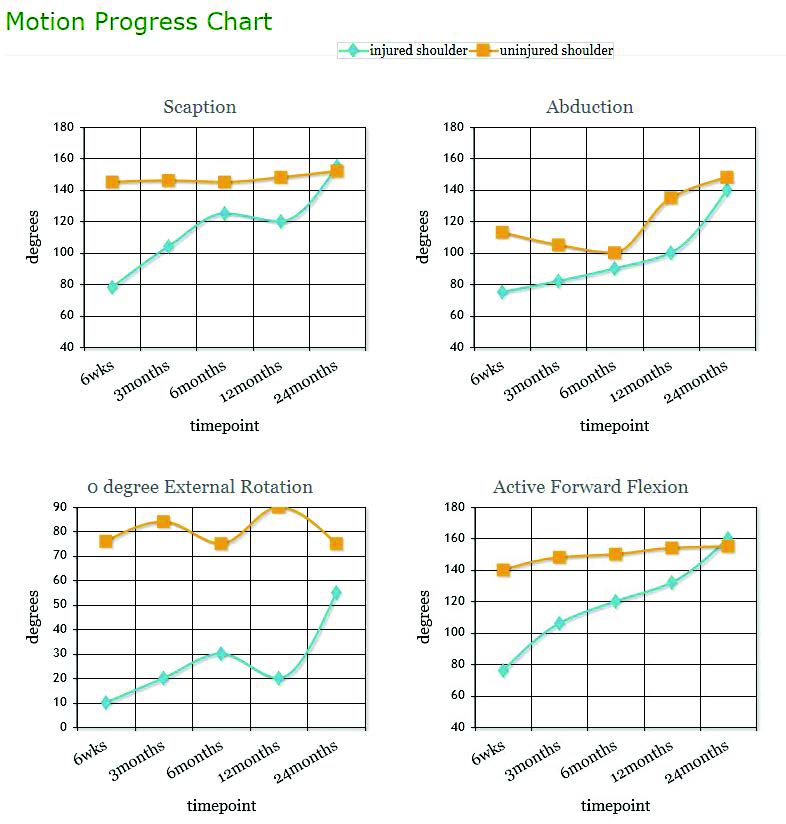Question: Why do I fill out forms at EVERY appointment? Is this another research thing?
Answer: YES and NO
Patient reported outcome forms are becoming a common tool in many health systems. Health Partners is one of the first level one trauma centers in the country to begin the implementation of these and other patient reported outcomes.
Why is this important?
#1 This is YOUR PERCEPTION of your function and recovery. We want to know how YOU feel about your progress.
#2 We can track your recovery and identify areas that may need additional attention.
#3 Results can be used for research so you and others can benefit from the advance in patient care and other physicians can learn to care for these injuries.
Changes in questionnaires:
There are multiple ways our patients receive forms. Paper forms or forms completed by iPad are often distributed during registration and completed before your office visit. In the coming months, we are implementing changes which will result in patients receiving these forms by email or text message. The benefit to you as a patient will be…
#1 Less paperwork to complete at each office visit.
#2 If you are unable to return to the office for a follow up visit, your physician is still able
to track your progress. This helps us to reach our goal of providing the best recovery and function possible to each patient.
Why should I follow up in clinic?
#1 We want to ensure maximal recovery is achieved!
#2 Identify complications. Although uncommon, a minor annoyance could be resolved if identified.
#3 Too see your progress! A progress report of both strength and motion are discussed with patients at each visit. These are important for identifying areas of improvement and areas which require continued rehab. Patients find them to be encouraging and motivating!
#4 Research visits are no cost to our patients or their insurance.
#5 Medical journals require a minimum of 2 years of follow up to publish results. Your story is an essential part of our mission to educate and improve the care of scapula fracture patients on a global level.

